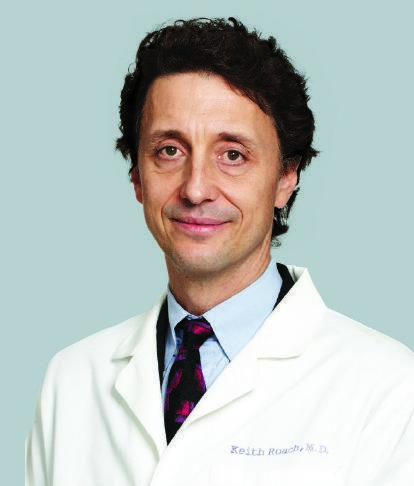
Staying on medication saves the life of patient with blood clots
DEAR DR. ROACH: In 2016, I was fortunate to survive a saddle pulmonary embolism (PE).

DEAR DR. ROACH: In 2016, I was fortunate to survive a saddle pulmonary embolism (PE).
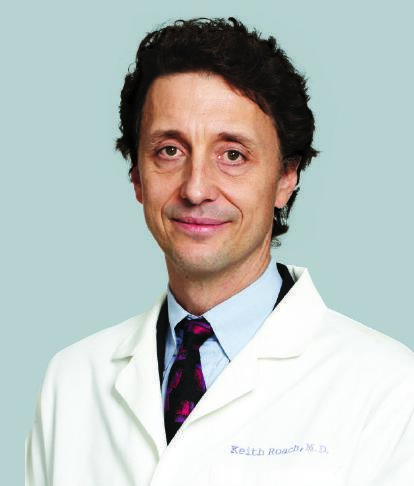
DEAR DR. ROACH: I have suffered from chronic low back pain that affects my knees.
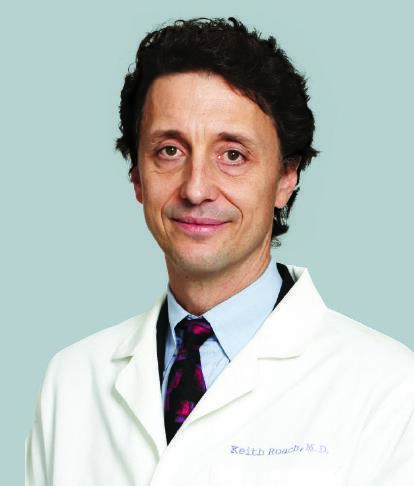
DEAR DR. ROACH: My husband, who is 71, has been having some short-term memory problems over the past two years.
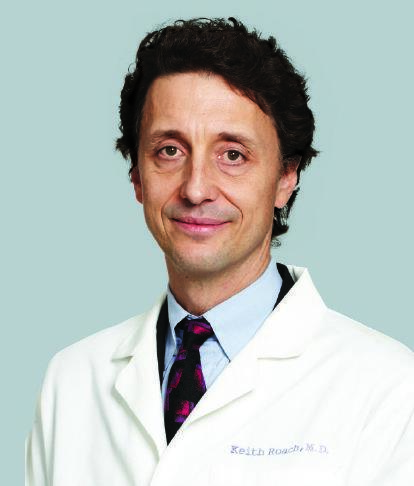
DEAR DR. ROACH: I have a good friend who is almost 77 years old.
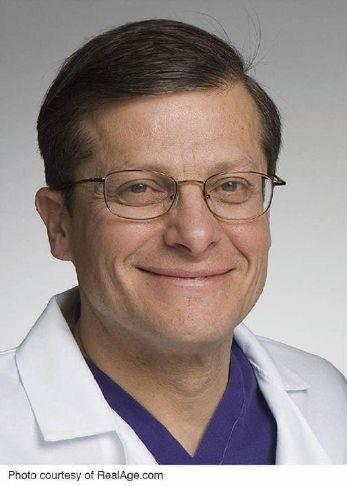
Q: I found out that I have pretty serious hypertension -- and that it's probably been going on for a long time. I can't believe I didn't know or have any symptoms.
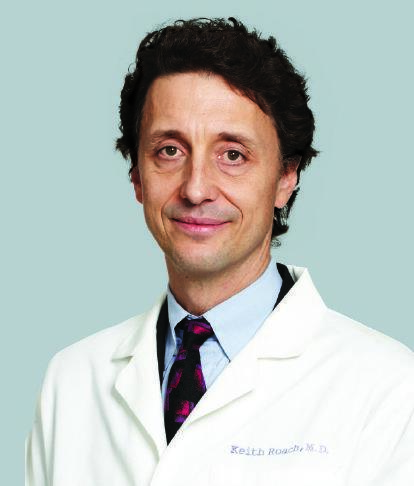
DEAR DR. ROACH: I am a 73-year-old man who has recently been diagnosed with moderate-to-severe arthritis in my right knee.
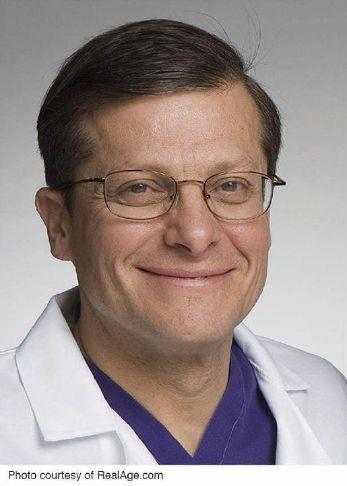
Q: Can you explain how what you eat can harm your brain and what you can eat to help protect it? -- Dave R., Santa Fe, N.M.A: Your brain is somewhat isolated from what's going on in the rest of your body. It is enveloped by what's called the blood-brain barrier, a protective layer lining the inside of blood vessels in your brain, designed to keep infections and toxins away from it.
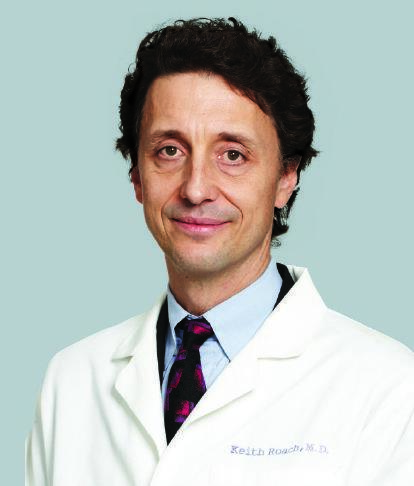
DEAR DR. ROACH: Having seen a lot about forever chemicals in print lately, I've found a charcoal filter pitcher that removes forever chemicals from water, in addition to the usual contaminants.

DEAR DR. ROACH: My 85-year-old mother-in-law had a mild heart attack a few days ago.

Q: I keep reading about how important it is for your body to clear out damaged and dead cells, otherwise your risk for cancer, heart disease, autoimmune conditions -- everything -- skyrockets. But how can you do that? -- Carl O., Lexington, KentuckyA: You're talking about autophagy (that roughly translates as "self-eating").